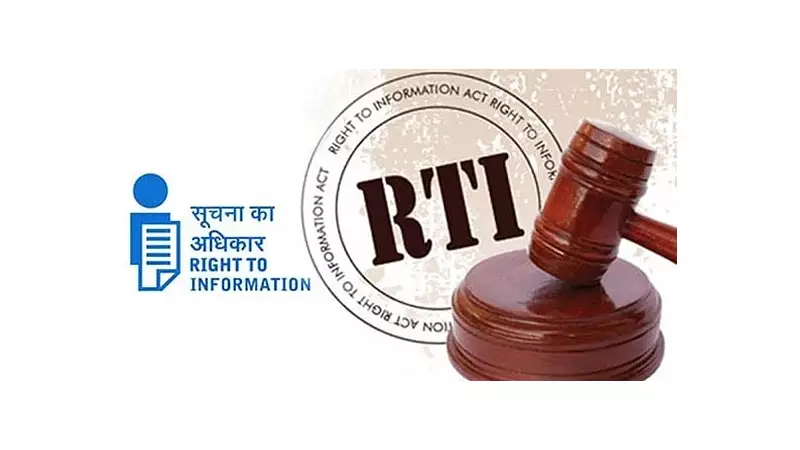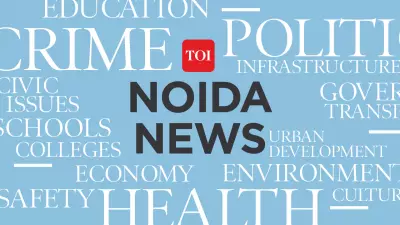
India's revolutionary Right to Information Act, once celebrated as a powerful tool for citizen empowerment, is facing a systematic dismantling that threatens the very foundations of democratic accountability. What began as a landmark legislation enabling ordinary citizens to hold power accountable has gradually been weakened through multiple strategies that undermine its effectiveness.
The Growing Information Deficit
Recent data reveals a disturbing trend: the number of RTI applications has stagnated or declined in many states, not because transparency has improved, but because the process has become increasingly difficult to navigate. Citizens encounter numerous barriers when attempting to exercise their fundamental right to information.
Systemic Obstacles to Transparency
The erosion manifests through several concerning developments:
- Bureaucratic resistance has intensified, with public information officers frequently rejecting applications on technical grounds
- Underfunding of information commissions has created massive backlogs, with some states having waiting periods extending beyond two years
- Vacancies in key positions remain unfilled for extended periods, effectively paralyzing the appellate mechanism
- Digital barriers have emerged as online portals become increasingly complex and user-unfriendly
The Weakening of Information Commissions
Information commissions, intended as the guardians of transparency, have themselves become part of the problem. Many operate with reduced authority and insufficient resources. The quality of their decisions has noticeably declined, with an increasing tendency to side with government departments rather than uphold the citizen's right to know.
Political Interference and Institutional Pressure
There's growing evidence of political interference in the functioning of information commissions. Appointments are increasingly politicized, and commissioners face subtle pressure to avoid decisions that might embarrass the government. This has created a chilling effect on the entire transparency ecosystem.
The Impact on Democratic Accountability
The systematic weakening of the RTI regime has far-reaching consequences:
- Reduced ability to monitor government spending and programs
- Diminished capacity to expose corruption and malpractice
- Weakened oversight of public institutions and officials
- Erosion of public trust in governance systems
A Call for Renewed Vigilance
Civil society organizations and transparency activists are raising alarm bells about this gradual erosion. They emphasize that the right to information isn't merely a statutory provision but a fundamental right derived from the Constitution's guarantee of freedom of speech and expression.
The struggle to preserve the RTI Act's original spirit requires renewed citizen engagement, judicial intervention, and political will. Without urgent corrective measures, India risks losing one of its most significant democratic achievements of the past decades.





